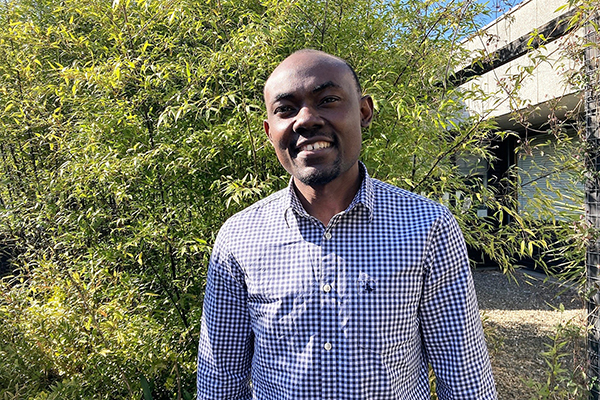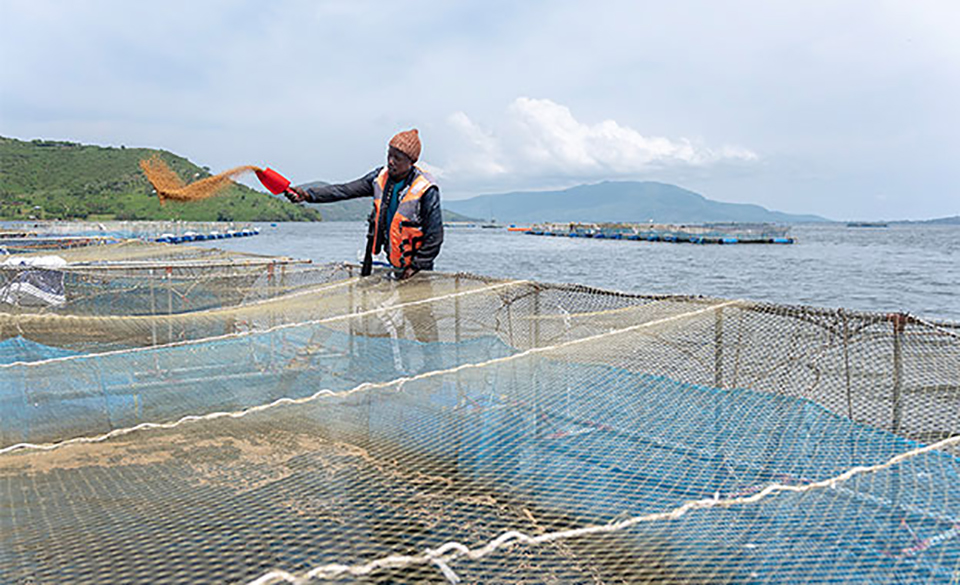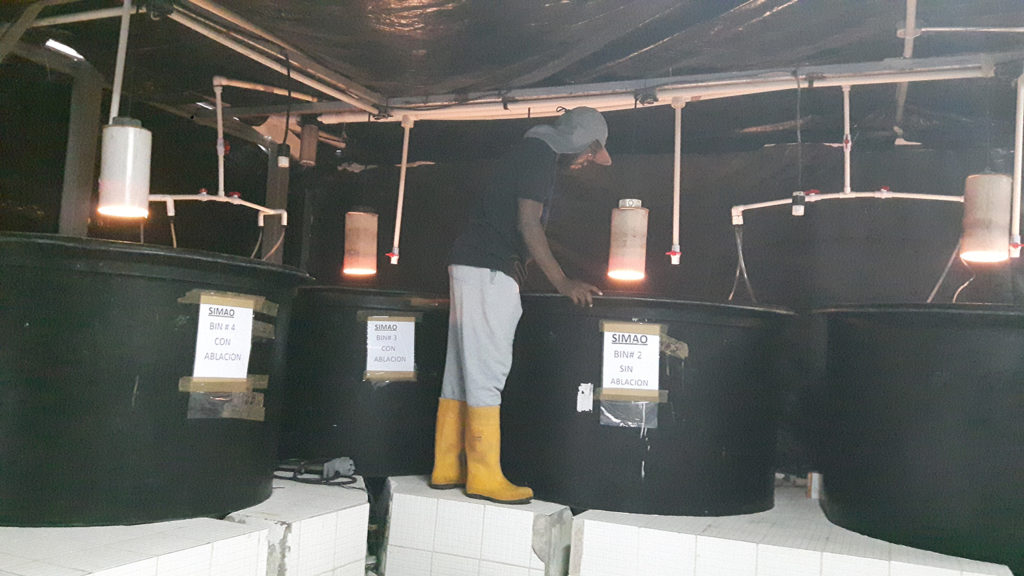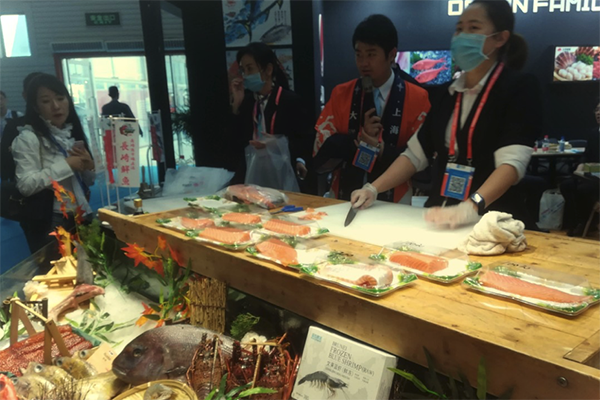University of Stirling researcher looks into the country’s constraints and models solutions

A University of Stirling researcher says Nigeria – Africa’s second-largest fish producer – needs access, promotion and planning to sustainably grow the aquaculture sector.
Analyzing how the country could meet its fish production target of 2.5 million metric tons (MT), a University of Stirling researcher says their work using scenario analysis could provide similar insights in other countries. Suleiman Yakubu, Ph.D. said Nigeria has a long way to catch up to continental aquaculture leader Egypt.
“We still have some way to go before we can achieve the 2.5 million [MT] aquaculture potential estimated by the government,” he said in a university release. We wanted to answer the question, is this achievable by 2035? And if so, how can it be done in a sustainable way?”
Current aquaculture production in Nigeria sits at about 300,000 MT a year, according to the University, with 80 percent of fish farming in Nigeria conducted in small-scale ponds in urban and peri-urban areas.
The researchers conducted stakeholder interviews to identify four priority constraints: cost and availability of fish feed; land use; policy intersection and research investment. They then used scenario analysis – a mix of qualitative and quantitative modelling principles – to assess what combinations of factors would put Nigeria on track towards its target.
The determinations included improving farmers access to quality feeds; promoting the sector as responsible land use and increase monitoring; including aquaculture planning with other crucial policy areas like importation, land use and poverty alleviation; and investing in research to improve productivity and yield.
“Our modelling shows that if things continue as they are, Nigeria will see only marginal development of its aquaculture sector in comparison to where it aspires to be,” Yakubu said.
Eat the whole fish: A discussion of culture, economics and food waste solutions
Professor Trevor Telfer, Ph.D. supervisor on the research, said: “Aquaculture is expanding rapidly, as is the world’s population, and can offer a sustainable, low-input way of feeding people. Using data in this way to model scenarios offers an innovative method for governments and industry to plan collaboratively for the sustainable expansion of complex sectors such as aquaculture.”
To read the full report in Aquaculture Reports, “Scenario analysis and land use change modeling reveal opportunities and challenges for sustainable expansion of aquaculture in Nigeria,” visit this link.
Follow the Advocate on Twitter @GSA_Advocate
Now that you've reached the end of the article ...
… please consider supporting GSA’s mission to advance responsible seafood practices through education, advocacy and third-party assurances. The Advocate aims to document the evolution of responsible seafood practices and share the expansive knowledge of our vast network of contributors.
By becoming a Global Seafood Alliance member, you’re ensuring that all of the pre-competitive work we do through member benefits, resources and events can continue. Individual membership costs just $50 a year.
Not a GSA member? Join us.
Author
Tagged With
Related Posts

Aquafeeds
Bridging the omega-3 gap with methane, microalgae
Innovation is leading to new ingredient options for renewable sources of omega-3 fatty acids. But Replicating long chain fatty acids is a tall order, Advocate contributor Lisa Duchene discovered.

Intelligence
How resilient is aquaculture in the face of a pandemic?
Lead author of a Johns Hopkins Center for a Livable Future study examines how seafood businesses and related institutions are responding to the pandemic.

Innovation & Investment
Innovation Award 2020 finalist: Simao Zacarias’ shrimp eyestalk ablation research
Farmed shrimp eyestalk ablation research is one of three finalists for the Global Aquaculture Alliance’s annual Global Aquaculture Innovation Award.

Intelligence
Study: Better understanding of seafood sales messaging could improve global trade
Study on seafood marketing messaging could help improve communication with consumers and drive the seafood industry.



